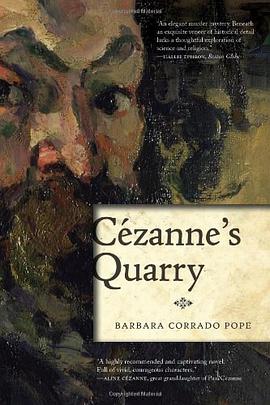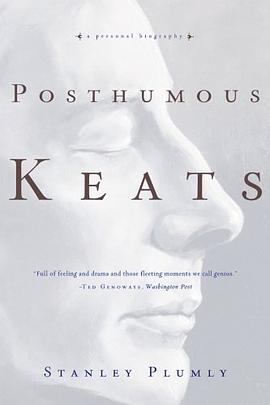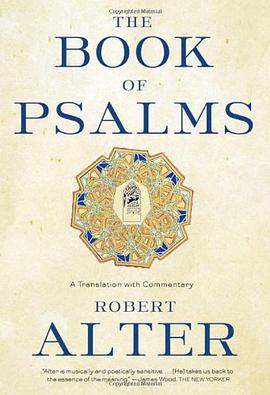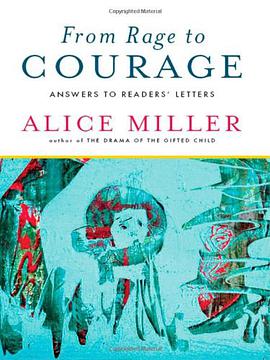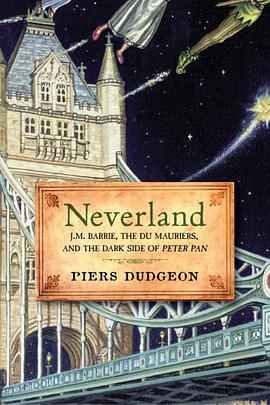

具体描述
Written in a prose of almost biblical simplicity and beauty, Siddhartha is the story of a soul's long quest for the answer to the enigma of man's role on earth. As a youth, the young Indian Siddhartha meets the Buddha but isn't content with the disciple's role. He must work out his own destiny-a torturous road on which he experiences a love affair with the beautiful courtesan Kamala, the temptation of success and riches, the heartache of struggling with his own son, and finally, renunciation and self-knowledge. The name "Siddhartha" is often given to the Buddha himself-perhaps a clue to Hesse's aims contrasting the traditional legendary figure with his own conception. This new edition of the classic Siddhartha includes The Dhammapada ("Path of Virtue"), the 423 verses attributed to the Buddha himself, which forms the essence of the ethics of Buddhist philosophy.
作者简介
Hermann Hesse (1877-1962) was a German-Swiss poet, novelist, and painter. In 1946, he received the Nobel Prize in Literature. His best-known works include Steppenwolf, Siddhartha, and Magister Ludi.
The Buddha is a title given to the founder of Buddhism, Siddhartha Gautama (c. 563-460 B.C.). Born an Indian prince, he renounced wealth and family, became an ascetic, and after achieving enlightenment through meditation, taught all who came to learn from him.
目录信息
读后感
评分
评分
评分
评分
用户评价
我不得不承认,这本书在叙事节奏的把握上,展现了一种近乎催眠的魔力。它没有那种好莱坞式的跌宕起伏,反而采取了一种极其舒缓、近乎冥想般的步调,但这种慢,绝不是拖沓,而是一种深思熟虑的沉淀。作者似乎深谙如何用最简练的语言,勾勒出最广阔的内心风景。我经常在阅读某一段落时,会不自觉地停下来,合上书,让那些字句在脑海中回旋、发酵。它不急于将结论抛给你,而是耐心地引导你走过一段漫长的旅程,让你在行走中自己去“领悟”而非“接受”。这种叙事手法,对习惯了快节奏信息的现代读者来说,或许需要一点时间适应,但一旦你沉浸其中,你会发现,这种缓慢带来的回味和持久的思考,是任何快速叙事都无法比拟的,它构建了一种独特的阅读频率。
评分从文学性的角度来看,这本书的语言风格自成一派,带着一种历经千锤百炼后的凝练和清澈。它不像某些当代文学那样追求辞藻的华丽堆砌,而是追求一种近乎哲理诗般的精确性。每一个词语的选择都经过了深思熟虑,仿佛是经过筛选的宝石,剔除了所有冗余的杂质,只留下最核心的光芒。阅读时,你会发现许多句子可以被单独摘录出来,它们本身就具有独立的美感和强大的感染力,适合反复诵读,去体会其中蕴含的韵律和哲思。这种语言的雕琢感,使得阅读过程充满了一种智力上的愉悦,你不仅是在接收信息,更是在欣赏一种高超的语言艺术,让人不禁赞叹作者驾驭文字的功力,那是经过岁月沉淀才能达到的境界。
评分这本书的装帧设计简直是一场视觉的盛宴,从封面到内页的排版,都透露着一种沉静而富有力量的美感。我尤其喜欢那种纸张的触感,拿在手里沉甸甸的,仿佛能感受到其中蕴含的厚重历史感。每一次翻阅,都像是一次正式的仪式,让人不自觉地放慢呼吸,专注于文字本身。设计师对留白的运用达到了出神入化的地步,使得每一页的文字都像是被精心框选的艺术品,既呼吸顺畅,又有着强烈的聚焦效果。这种对物理形态的极致追求,无疑极大地提升了阅读的体验,它不仅仅是一本书,更像是一件可以珍藏的艺术品,放在书架上,本身就是一道风景。它让我思考,阅读体验的完整性,很大程度上也依赖于它被呈现出来的物质载体,这本书在这方面无疑做到了极致,让人愿意反复摩挲,细细品味。
评分这本书最大的价值,或许在于它提供了一种独特的“校准机制”。在日常生活中,我们常常被外界的喧嚣、琐碎的事务和快速迭代的观念所裹挟,容易迷失自己真正的方向和内在的渴望。而当我将目光投向这本书时,仿佛是进入了一个绝对安静的房间,所有的外部噪音都被隔绝了。它不是直接给出“你应该怎么做”的答案,而是通过其深刻的内省主题,迫使读者将焦点转向自身的“存在”问题。这种自我审视的体验,是极其宝贵且难以替代的。它像一个强大的磁场,将我从浮躁中拉回,让我重新审视那些我曾经认为理所当然的事情,重新梳理自己生命的目标和价值取向。读完之后,我感觉自己像是进行了一次彻底的精神“重启”,带着一种更清晰、更坚定的内在视角重新回到了现实世界。
评分这本书中对于人性复杂性的描摹,达到了令人惊叹的深度和层次感。书中人物的选择与挣扎,绝非简单的黑白分明,更多的是在灰色地带的徘徊与探索。我看到了角色们在面对抉择时内心的撕扯,那种既渴望超越又深陷世俗的矛盾状态,让人感同身受,仿佛自己就是那个在十字路口徘徊的旅人。作者没有给这些挣扎下一个简单的道德标签,而是将它们赤裸裸地摆在了读者面前,任由我们去评判、去理解。这种对“人之所以为人”的深刻洞察,使得书中的人物不再是虚构的符号,而更像是我们身边的智者或同伴,他们的成功与失败,都成了我们审视自身处境的一面镜子。这种极富穿透力的心理刻画,是这本书最让我震撼的部分之一。
评分黑塞的书读多了感觉都一个味道。。
评分黑塞的书读多了感觉都一个味道。。
评分黑塞的书读多了感觉都一个味道。。
评分黑塞的书读多了感觉都一个味道。。
评分黑塞的书读多了感觉都一个味道。。
相关图书
本站所有内容均为互联网搜索引擎提供的公开搜索信息,本站不存储任何数据与内容,任何内容与数据均与本站无关,如有需要请联系相关搜索引擎包括但不限于百度,google,bing,sogou 等
© 2026 book.wenda123.org All Rights Reserved. 图书目录大全 版权所有




